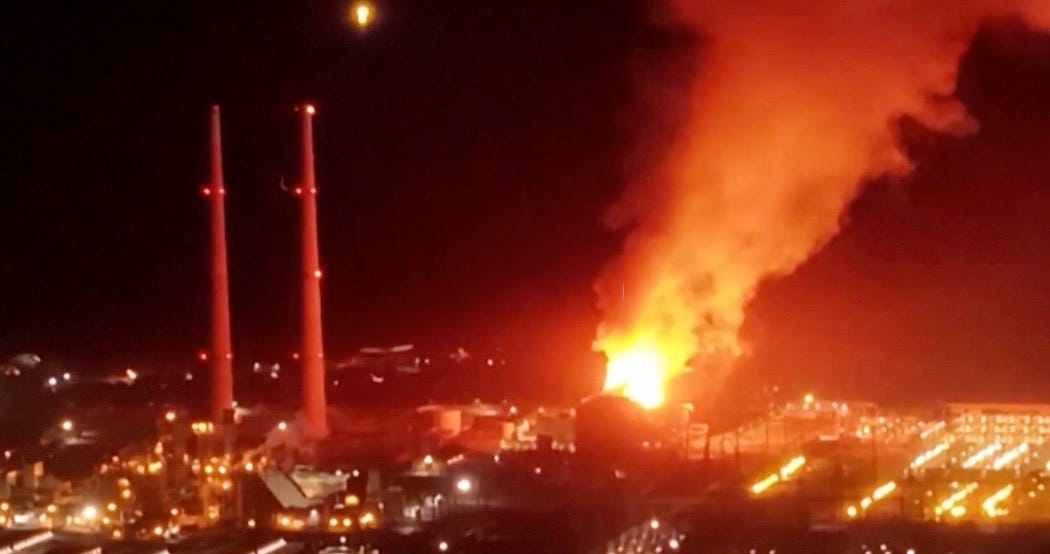The Battery Backlash Is Real, It's Global, And It's Growing
The new Global Battery Rejection Database shows 52 communities from California to Australia have rejected battery projects. The fire at Vistra's Moss Landing site will ignite even more opposition

The battery business is on fire.
According to the Energy Information Administration, 10.3 gigawatts of battery capacity was added to the US electric grid in 2024, and the EIA expects another 18.2 GW of capacity to be added this year. By comparison, the agency expects no new nuclear capacity, no new coal, and only 4.4 GW of new natural gas-fired capacity to be built in the US in 2025.
Subsidies are a key driver behind that new capacity. Under the Inflation Reduction Act, corporations can use the investment tax credit to recover as much as 50% of a battery project’s cost upfront. Furthermore, as I will explain momentarily, under Joe Biden, the Department of Energy handed out more than $26 billion in loans for battery projects. Between 2021 and 2024, that sum constituted more than a quarter of the $99 billion in loans the DOE handed out over that period. The battery sector is getting tens of billions more per year in tax credits under the Inflation Reduction Act.
Despite all the cash, all is not well in battery land. As I have documented in the Renewable Rejection Database and the Global Renewable Rejection Database, over the past two decades, rural communities around the world have been fiercely opposing wind and solar projects.
That fierce opposition now includes battery projects.
Since 2022, communities from Countesswells, Scotland to Rockhampton, Australia, have rejected or restricted dozens of battery projects. The opposition has been particularly fierce in Britain, where land-use conflicts over alt-energy have been raging for years. According to a recent report in a British news outlet, a 1 GW battery project proposed to be built in North Yorkshire has drawn withering fire:
The local community has lodged widespread opposition to it. With nearly 800 formal objections submitted, the community has made its opposition unambiguous. Residents of Thirsk and the surrounding countryside made clear that the massive industrial project is unwelcome in their rural community...In contrast to the overwhelming local opposition, the application received just four letters of support. Two of these came from non-local sources. (Emphasis added.)
The January fire at the Moss Landing battery project near San Jose, California, will further fuel the surging opposition to batteries. That facility, owned by Dallas-based Vistra, with some 750 megawatts of capacity, is among the world’s largest battery storage projects. The fire led Monterey County officials to order the evacuation of some 1,500 residents. But lithium batteries have a nasty habit of reigniting. Almost exactly one month after the initial fire, the Moss Landing facility caught fire again.
A few days after the January fire, the city council in Morro Bay, a town located about two hours south of Moss Landing, passed an ordinance banning large-scale battery storage facilities for at least 45 days, with plans to extend the prohibition until 2027. That vote (which was unanimous) and other news reports about the opposition to batteries led me to assemble the Global Battery Rejection Database.
Here's a look at the new battery database and three new charts. Two of those charts show how lucrative subsidies are driving the deployment of batteries here in the US. The third chart shows the growth of the rejections since 2022.
Keep reading with a 7-day free trial
Subscribe to Robert Bryce to keep reading this post and get 7 days of free access to the full post archives.




